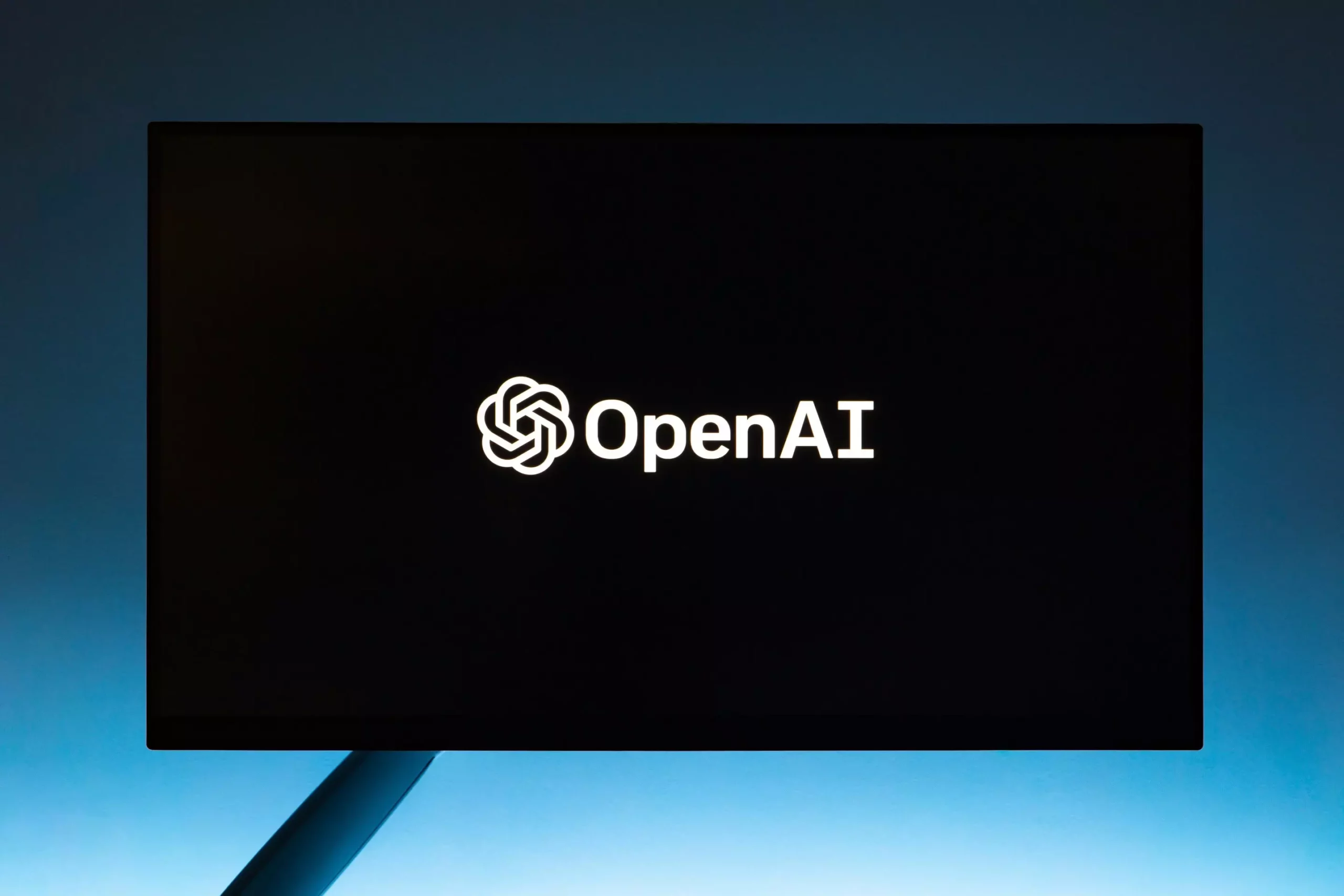OpenAI, a company at the forefront of artificial intelligence innovation, finds itself embroiled in controversy, facing growing scrutiny over its data practices and regulatory position. Its recent opposition to yet-to-be enacted legislation in California designed to establish basic safety standards for AI developers marks a significant shift in the company’s stance. Just a year prior, OpenAI’s CEO, Sam Altman, championed the necessity for AI regulation. However, with the company’s valuation soaring to $150 billion following the remarkable success of ChatGPT, its priorities seem to have evolved.
The rapid ascension of OpenAI within the tech landscape brings both acclaim and hefty responsibilities. The company’s ingenious improvements and releases, such as their recent “reasoning” model capable of handling intricate tasks, have catapulted it to industry leadership. Yet, this success comes with an increasing temptation to operate without stringent oversight. By publicly rejecting the proposed California law, which has sought to impose fundamental safety measures on AI development, OpenAI risks cultivating a reputation as a company willing to prioritize growth over ethics.
Interestingly, Altman’s initial advocacy for regulatory frameworks indicates an understanding of AI’s potential risks. Still, the company’s latest resistance suggests a desperate need to maintain an aggressive competitive edge in the rapidly evolving AI market. This change not only highlights a significant discrepancy in internal policy but signals an unsettling trend that could have far-reaching implications for developer accountability.
OpenAI’s recent endeavors reveal an aggressive acquisition strategy directed towards data collection. Partnerships with various media organizations have granted the company access to a wealth of content, thereby developing an intimate understanding of user behaviors. Insights derived from such data could lead to sophisticated user profiling—an endeavor that poses ethical dilemmas and invites questions about privacy.
The collection and potential integration of intimate user data, including personal interactions and health-related information, further exacerbate concerns. While OpenAI states it is not currently consolidating this information, the mere capability to do so could expose users to risks of manipulation or exploitation. Sifting through regards to contemporary data privacy mishaps, including the infamous Medisecure data breach, paints a disturbing portrait of what could transpire should OpenAI venture deeper into consolidating personal data.
In parallel, the company’s investment in biometrics through its partnership with a webcam startup, Opal, raises alarms about the depth of data it could access. AI-enhanced webcams capable of recording sensitive biometric data add a layer of complexity that raises questions around user consent and surveillance.
OpenAI’s partnership with Thrive Global to launch Thrive AI Health aims to leverage AI for personalized health interventions. While the goal of harnessing technology for behavioral change is commendable, there exists a profound uncertainty surrounding the privacy protocols intended to safeguard personal data. The murky history of AI projects in healthcare reveals instances of severe privacy violations, exemplified by Microsoft’s collaboration with Providence Health and Google DeepMind’s controversial dealings with the NHS.
Altman’s connections to other data-centric ventures, particularly the cryptocurrency initiative WorldCoin, compound the sense of trepidation surrounding OpenAI’s strategy. The ambitious endeavor aims to establish a biometric identification network, yet it encounters scrutiny from multiple jurisdictions. Simultaneously, the gathering of such sensitive data under dubious privacy policies could lead to catastrophic outcomes for those unknowingly involved.
The growing concern surrounding OpenAI stems from the underlying potential for centralized control over vast amounts of sensitive information. The convenience gained from data-centric models can harbor significant risks, particularly regarding user surveillance and profiling. Even without a current intention to compile such information, OpenAI’s historical vulnerabilities in safeguarding privacy underscore the dangers inherent in heavy data reliance.
As exemplified by the recent corporate turmoil within OpenAI, including Altman’s temporary ouster due to strategic disagreements, the company’s leadership appears more inclined towards prioritizing rapid advancements rather than addressing safety and privacy implications. This internal conflict suggests a chilling acceptance of risk to achieve market dominance.
The implications of OpenAI’s recent regulatory resistance not only reflect an adversarial relationship with impending legislation but reveal a broader trend among technology enterprises that prioritize profit over precaution. Should OpenAI continue down this path, it jeopardizes not only its reputation but also the trust of users who depend on ethical guidance in the evolving landscape of artificial intelligence.
OpenAI’s current strategy appears to overlook the essential conversation surrounding ethical AI development. Balancing innovation with responsible practices remains a crucial imperative. If the company continues its trend of opposing regulations designed to protect users, it risks perpetuating a cycle of distrust, ultimately affecting its potential long-term viability and societal impact.


Leave a Reply